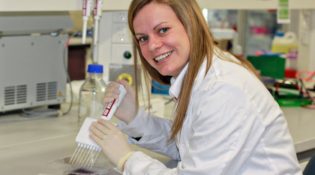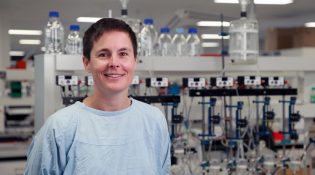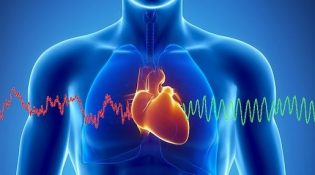What does your role as Laboratory Manager involve? I am directly responsible for performing many of the experiments that are conducted within Professor Rasmussen’s laboratory, as well as providing a supervisory role to both students and research assistants within the lab. Basically, my role as Laboratory Manager requires that I balance the scientific needs of






